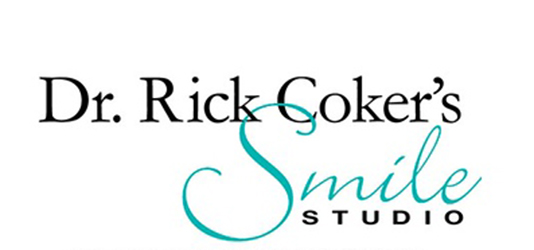SLEEP APNEA
Obstructive sleep apnea (OSA) is a disorder which causes a person’s upper airway to partially collapse, which in turn leads to reduced breathing at night. Because the throat muscles relax they can block the airway.
OSA is diagnosed by a physician usually after spending a night in the sleep lab. If it is discovered that you have OSA, you will normally be prescribed a CPAP machine or an oral appliance.
An oral device like this SomnoDent Flex® is just as effective as CPAP in reduced sleep apnea-related high blood pressure.
Obstructive sleep apnea is seen in all age groups, but the frequency increases with age and obesity. Symptoms include snoring and daytime sleepiness. Weight loss, sleeping on your side, and decreasing alcohol consumption can help your symptoms.
OSA can cause or contribute to high blood pressure or hypertension, so a new study of 220 men in Singapore examined which sleep apnea treatments – a CPAP machine or a mouthguard that keeps the airways open (MAD) – was more effective at lowering blood pressure.
At baseline and six-month follow-up, both groups underwent 24-hour ambulatory blood pressure (BP) monitoring, completed a questionnaire on sleepiness, and had blood tests for cardiovascular markers. Both devices tracked use.
Compared to the CPAP group, the MAD group showed a larger reduction in BP measures, especially nighttime BP, and more participants achieved a systolic BP (the top number) below 120 mmHg.
The researchers also looked at differences in adherence between the two devices; that is, how long participants stuck with their allocated treatment. Over half assigned to the MAD used it for six or more hours each night on average over the study period, while only 23.2% of CPAP users did the same.
“The MAD patients simply used the device longer,” said Ronald Lee Chi-Hang, professor of medicine at NUS’ Yong Loo Lin School of Medicine and corresponding author of the study. “That also might explain why the blood pressure reduction at nighttime, when the patients are actually using it, had a better reduction in the MAD group.”
“People should be aware that over 400 million people globally have moderate-to-severe obstructive sleep apnea, and it is underdiagnosed and may be a contributing factor to their high blood pressure,” said Chi-Hang. “Especially for patients whose blood pressure is hard to control or who have a lot of excessive daytime sleepiness, go see a physician about sleep apnea and get treated if necessary.”
Once you have a diagnosis of sleep-apnea and you would prefer a mouthguard to keep your airways open, sign up for a consult at our Tyler, TX office, or call (903) 581-1777 during business hours.

